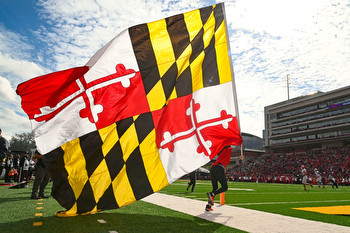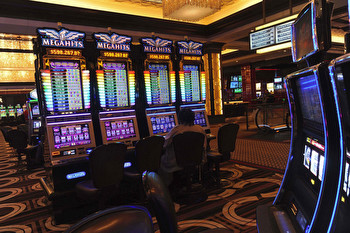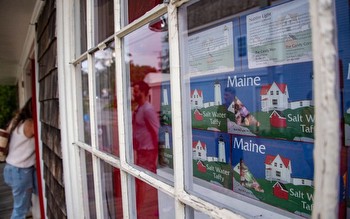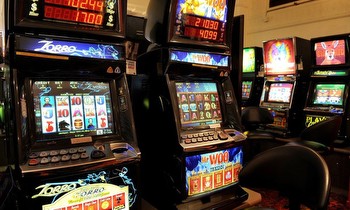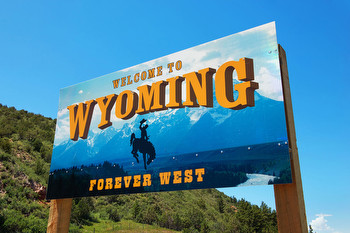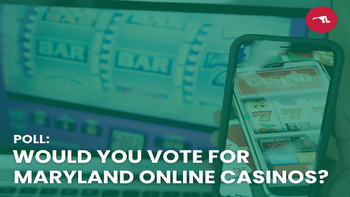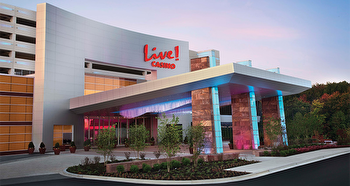Maryland Online Casino Legislation Hits Roadblock
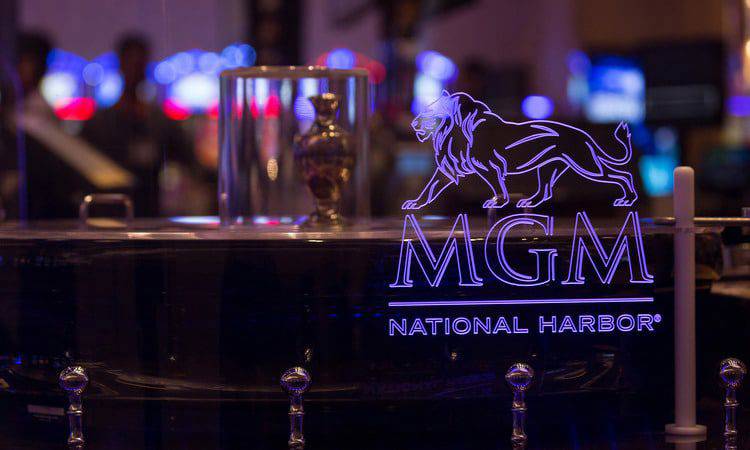
Efforts by Maryland legislators to legalize online casino gaming hit a roadblock Monday. SB 267, which potentially would legalize online casino gaming in the state via voter referendum, failed to pass into the House on Monday’s crossover day.
Failing to pass into the opposite chamber on crossover day doesn’t end a bill’s hopes of becoming law in Maryland, but it does decrease those chances. A bill moved into the opposite chamber after the crossover deadline is subject to referral to rules committees, an additional legislative hurdle.
Maryland’s legislative session is scheduled to conclude on April 10.
Bill details
Sen. Ron Watson proposed the legislation, and when he spoke at a Senate committee hearing in February, he estimated that online casinos could generate more than $100 million in annual tax revenue for the state. His bill planned to tax iCasino revenue at 15%, and licenses would cost $500,000.
Watson also wanted Maryland to enter into the Multi-State Internet Gaming Agreement, which after legalization would allow for Maryland online poker players to compete in pools with players from Delaware, Michigan, Nevada, and New Jersey.
Maryland currently allows legal retail and mobile sports betting, but it does not permit the online slots and table games play permitted in the nearby states of New Jersey and Pennsylvania. Mobile sportsbooks went live in Maryland at the end of 2022, with major sports betting operators like BetMGM, DraftKings, and FanDuel all operating in the state. Those same companies would likely be interested in offering online casino platforms to Maryland gamblers, as that revenue typically exceeds the amount generated by sports wagering.
Next steps
While SB 267 faces a challenging path to legalization in 2023, it should be noted that even if the bill were to pass this session, online casinos likely would come to Maryland no sooner than 2025.
If the bill fails to pass in 2023, the legislature can revisit the topic in 2024 without any meaningful delay to a potential online casino launch. It’s unclear if the Maryland legislature has the appetite for expanded gaming so soon after the introduction of legal sports betting, but the potential tax revenue offers an intriguing opportunity for some legislators to consider in the coming weeks and possibly again in 2024.
In addition to New Jersey and Pennsylvania, only Connecticut, Delaware, Michigan, and West Virginia have legal online casino gaming.









